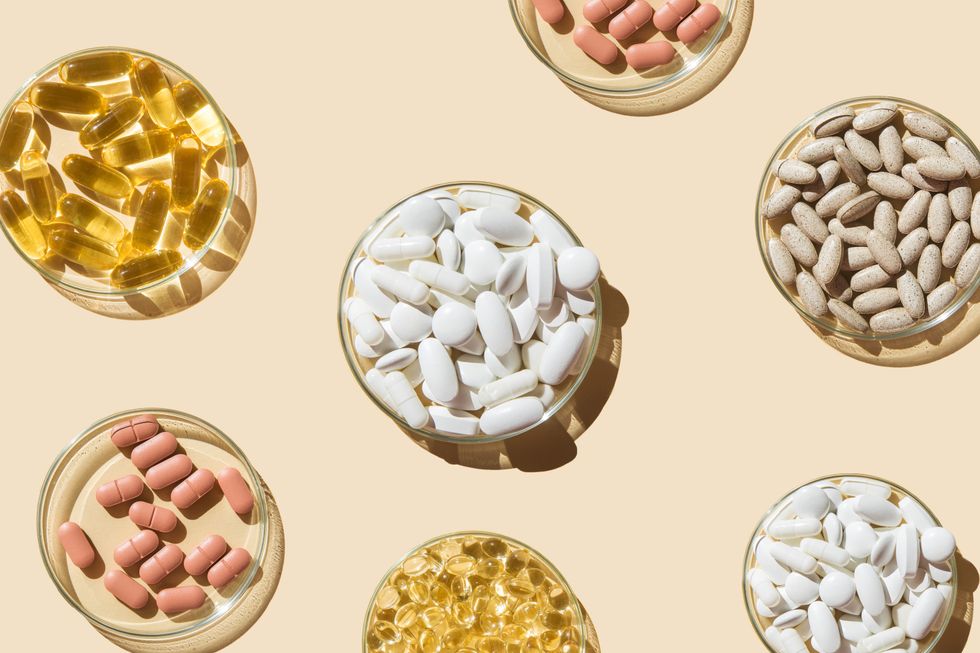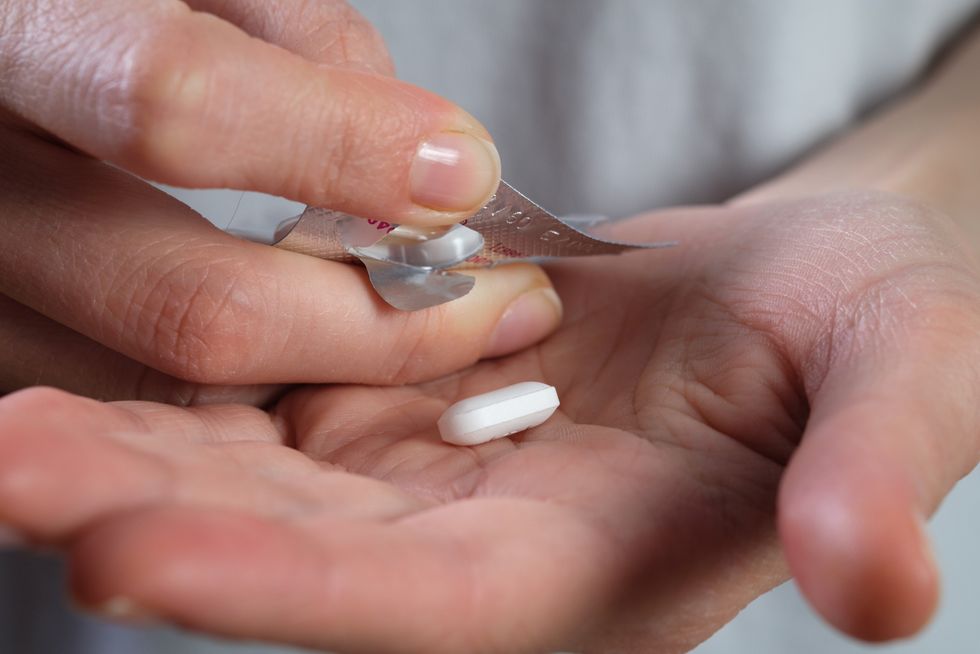Creatine supplement found to boost short-term memory in three hours
The effect reached its peak after four hours and lasted up to nine hours
Don't Miss
Most Read
Trending on GB News
SHOPPING — All products are independently selected by our experts. To help us provide free impartial advice, we will earn an affiliate commission if you buy something. Click here to learn more
A popular dietary supplement in the sports community has been shown to boost cognitive performance after a single dose - and the effects kick in within hours.
A high single dose of creatine boosted processing capacity and short-term memory in as little as three hours of taking it.
- View Deal | Get 3000mg Creatine Supplements made in the UK on Amazon
- View Deal | Get 240 Creatine capsules from Holland and Barrett
The research builds on previous studies pointing to the brain-boosting potential of creatine.
How the researchers gathered their findings
As part of the latest study, 15 test subjects were kept awake overnight and had to solve cognitive tasks during this time.
Sleep deprivation leads to changes in brain metabolism that promote the cellular uptake of creatine. Beforehand, the test subjects had received a high single dose of creatine, an important metabolic product that is found in food and can also be produced by the body itself.

Various studies have already reported improvements in cognitive performance after a long creatine diet.
Getty Images
Three hours after taking the creatine, a positive effect on the brain metabolism and cognitive performance of the test subjects could already be observed.
The effect reached its peak after four hours and lasted up to nine hours. In particular, improvements in processing capacity and short-term memory were seen.
“The results suggest that a single but high dose of creatine enhances thinking capacity and causes changes in the brain’s energy reserves during sleep deprivation,” said Doctor Ali Gordjinejad, coordinator of the study from the Institute of Neuroscience and Medicine (INM-2) at Forschungszentrum Jülich.
Creatine counteracts the metabolic changes caused by sleep deprivation. This is why the Jülich researchers considered creatine a potential candidate for this study.
It had not previously been possible to prove the short-term effect that has now been observed, as the neuronal cells of the central nervous system (CNS) can only absorb creatine to a small extent. They normally cover their needs largely through their own synthesis.
It was only by putting the brain in a “stressed” state through the experimental conditions in the Jülich study that the increased uptake of creatine in the cells was fostered.
“For the time being, however, it is not advisable for people to take such a high dose of creatine at home, as high doses of the substance put a heavy strain on the kidneys and can cause health risks,” said Doctor Gordjinejad.
“However, if future studies show an increase in cognitive performance at lower doses, creatine might become a serious competitor to coffee during long working nights.”
LATEST DEVELOP,MENTS

Creatine supplementation may augment brain creatine stores, which could increase memory.
Getty Images
Previous studies investigating the effectiveness of creatine supplementation on improving measures of memory have produced mixed results.
Elderly study participants (68–85 years) who received creatine supplementation (20 g/d for seven days) showed significant improvements in measures of memory (forward number recall, backward and forward spatial recall, and long-term memory) compared with those who received placebo.
- View Deal | Get 3000mg Creatine Supplements (Made in the UK) on Amazon
- View Deal | Get 240 Creatine capsules from Holland and Barrett
Other researchers, however, have failed to find beneficial effects of creatine supplementation on measures of memory in children.
A review of the literature, published in the journal Nutrition Reviews, concluded that creatine enhanced measures of memory performance in healthy individuals, especially in older adults.
Evidence suggests creatine supplementation augments brain creatine stores, which could increase memory.








